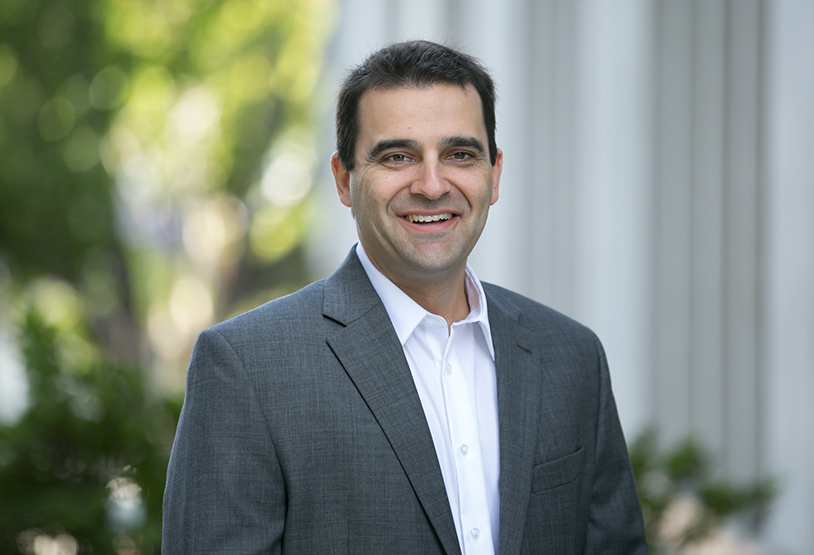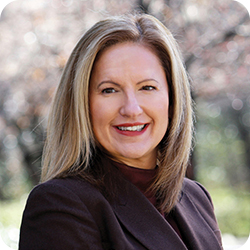
Patrick Imbach manages River City Bank's Agribusiness Division. He knows firsthand how seasonality and unpredictable business cycles impact the financial outcomes for producers, processors, and distributors. Their expertise includes understanding streamlined operations, ensuring ready access to capital, and optimizing cash flow. These are just a few of the advantages of partnering with a bank familiar with agribusiness's intricacies. We spoke with him to gain his insight into the agribusiness landscape in the region.
What are the specific needs of our agribusiness customers, and how have they evolved over the years?
Essential funding for land, equipment, and operational expenses will always be necessary. Still, over the years, agribusinesses have evolved and become more intricate, requiring more sophisticated banking needs. The complexities and increased costs of agribusiness have forced customers to search for more advanced technologies to enhance productivity, complete sustainable practices to meet market demand and increase the longevity of their operations. There is a greater emphasis on risk management as market volatility, supply chain disruptions, and weather events may have a significant impact on specific operations.
The Bank recognizes the ever-changing agricultural environment and has adapted to meet customer needs. Our goal is to have agribusinesses look to us as a business partner and someone who has extensive knowledge of various agricultural operations and markets to help them make educated decisions related to their agribusiness.
How does unpredictability in the weather impact the needs of our agribusiness customers?
Agribusinesses need support to adapt to unpredictable weather patterns. At River City Bank, we understand that drought is often seen in California, as well as untimely rains and other uncontrollable weather factors that might hurt your crops and bottom line. Understanding the seasonal nature of agribusinesses gives River City Bank a competitive advantage that allows us to provide support to your agribusiness. Flexible financing and terms in times of distress can help farmers and ranchers “weather the storm.” Being by your side through these difficult situations helps strengthen our relationship and understand your agribusiness better.
What financial products or services do you think would best support the growth and sustainability of agribusinesses in our current economic climate?
River City Bank can offer financial products and services that are tailored to your agribusiness needs. We offer competitive lines of credit, real estate loans, and affordable cash management services. Along with our financing and cash management services, we provide robust fraud protection, which is essential in every business.
What strategies has River City Bank implemented to support its agribusiness clients?
In response to the growing needs of our agribusiness clients, we have taken significant steps to enhance our support services. Recognizing the unique challenges and opportunities within the agribusiness sector, we have increased our staff by bringing additional relationship managers and analysts on board.
What role does technology play in modernizing agribusiness operations, and how can banks support clients in adopting these technological advancements?
Technology is crucial in modernizing agribusiness by enhancing productivity, improving sustainability, and facilitating market access. River City Bank can support clients in adopting these technologies by providing financing, training, and partnering with tech providers. We work with agribusinesses with varying degrees of complexity and can help identify areas where your agribusiness might benefit from investing in new technologies and connecting you with the right resources.












